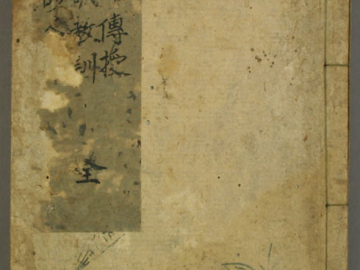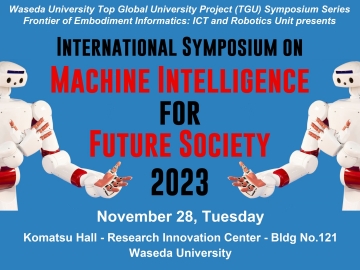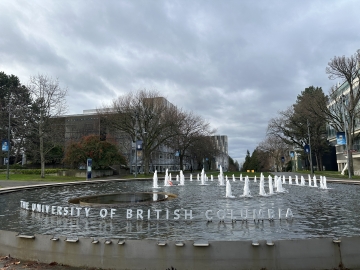International Symposium Co-sponsored by Ca’ Foscari University of Venice
Textual Heritage for the 21st Century: Exploring the Potential of a New Analytic Category
From March 22 to 24, 2021, an international symposium called “Textual Heritage for the 21st Century: Exploring the Potential of a New Analytic Category” was held via Zoom. The program lasted for a total of 11 hours over the three days. Scholars specializing in a variety of fields assembled online and discussed the relationship between texts and heritage from their diverse perspectives in front of an audience of over 100.
This symposium was planned as an extension of the workshop “Textual Heritage: Uses and Re-creations—Ownership, Authorship, Authenticity in Premodern Japanese Literature,” which took place at Waseda University on July 16, 2020. The latest event was an attempt to reconsider various kinds of texts from around the world—not just Japanese literature—as pieces of cultural heritage, and to discuss the potential these texts hold for research in the areas of the humanities and sociology in the 21st century. The event received support from the European Commission’s research promotion program Horizon 2020 and was led jointly by Edoardo Gerlini, a visiting research fellow at the Waseda University Research Institute for Letters, Arts and Sciences, and Andrea Giolai of Leiden University.
The symposium’s primary goal was to have researchers participate in deriving a new interdisciplinary area—“heritage studies”—out of various areas of scholarship, including literature and bibliography, that have focused on textual research. Thus, those who were invited to give the keynote presentations were Wiebke Denecke (MIT), a specialist in world and East Asian literature, and David C. Harvey (Aarhus University), a geographer who has made significant contributions to the development of heritage studies. The two discussed, from the respective standpoints, the potential and limits of the new concept of textual heritage. Denecke proposed that textual heritage is a concept that will serve as a catalyst for approaches such as memory studies and comparative history, and that will be the force helping to drive new efforts at history making. She then discussed the classical Chinese poetry exchanged between diplomats from the Korean Peninsula and Japanese officials of the Tokugawa Shogunate as an example of “textual heritage.” Harvey considered various texts that record a mysterious disaster that befell the area of Dartmoor in southwest Great Britain in 1638 to create a “biography” of textual heritage and to elucidate the relationship between texts and the collective memory that resides in a given area. The two keynote speakers provided a logical framework and awareness of the issues at hand for the nine presentations that followed, creating a clear understanding of the common points to be discussed throughout the three days of the symposium.
The three presentations on the first day of the event focused on the relationship between music and texts. The texts under consideration included sheet music produced in Japan for tōgaku (a style of music and dance imported from Tang-dynasty China), texts and carvings depicting dances from the Chalukya dynasty of India, and Spanish-language Jewish song collections from North Africa. A common theme that emerged was the embodiment of texts—or texts as the embodiment of music. On the second day, there were presentations on both the process of Egyptian hieroglyphics transforming from pictures to letters and the creation of traditional texts that continues to the present at renga (Japanese linked-verse poetry) events. Every talk that day stressed the importance of the media on which prose and poetry are written. On the third day, there were presentations on examples that each led to discussions of the commonalities and differences between the two concepts of canonization and heritage formation. The topics that served as the examples were the acceptance of French symbolist poetry in Japan, changes in printing methods that appear in a collection of poetry from Korea and prospects for the collection’s digitization, and the renewal of the fields of bibliography and philology that has occurred as the result of digital technologies introduced by the new area of the digital humanities.
Finally, the event planners and keynote presenters participated in a roundtable discussion in which they exchanged more on their views of the future of “textual heritage,” which was followed by an open discussion in which members of the general audience were given the opportunity to evaluate and comment on the presentations. The open discussion resulted in the posing of new questions, and thus the symposium concluded with the promise of further developments regarding the concept of textual heritage.
Please click the link below to watch the videos.
https://youtube.com/playlist?list=PLMvnFmDPNh6xeAvaPl_VctbH5yge14apQ
|
Share your videos with friends, family, and the world
youtube.com
|









